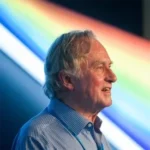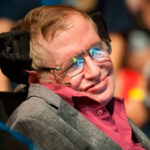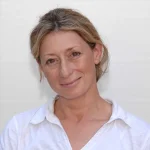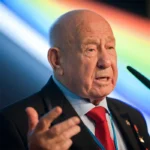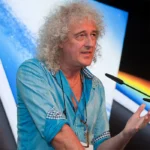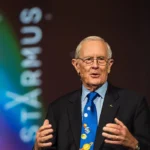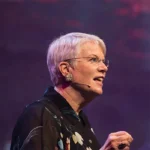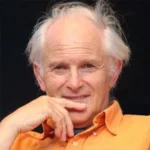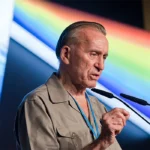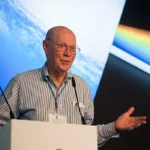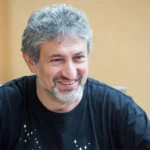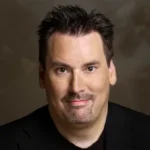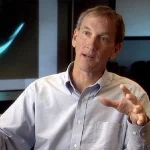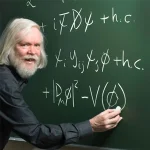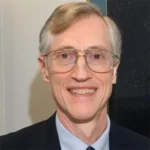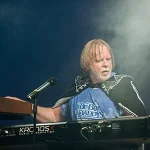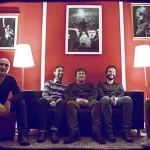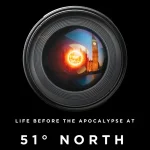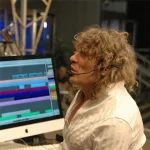STARMUS II
BEGINNINGS:
THE MAKING OF THE MODERN COSMOS
SEPTEMBER 22–27, 2014
CANARY ISLANDS, SPAIN
The second Starmus Festival took place in 2014, on Tenerife and La Palma, Canary Islands, Spain. Talks at Starmus II included Nobel Prize winning astronomer Robert Wilson describing his joint discovery of the cosmic microwave background radiation; Astronomy Magazine Editor in Chief David J. Eicher asking whether the revolution in factual knowledge about the universe is being swamped by sci-fi and entertainment nonsense; Alexei Leonov speaking to the crowd about his space exploration experiences; and Richard Dawkins outlining what potential alien life forms might be like. The number of Starmus delegates swelled to 1,000. Talks also included an address by Brian May on stereo imaging of astronomical objects, with 3D glasses; and Stephen Hawking lecturing on the origin of the universe. Nobel Prize winning astrophysicist John Mather then foreshadowed science to come with the James Webb Space Telescope. The audience then screened a film, 51 Degrees North, with words by the film’s director, Grigorij Richters, who received musical contributions by May in the film. Stephen Hawking later delivered a second lecture on black holes. Rick Wakeman and English Rock Ensemble were joined on stage with Brian May performing a legendary versions of Starship Trooper and 39. Moreover, Rick Wakeman has presented his compsoition titled “STARMUS“.
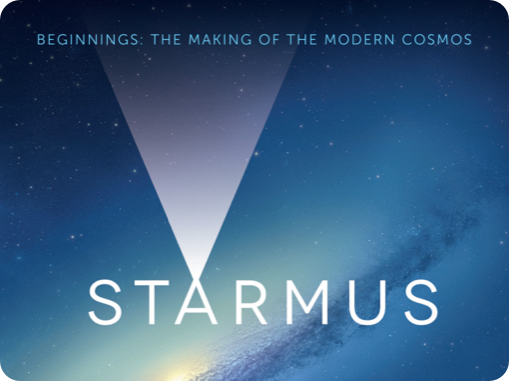
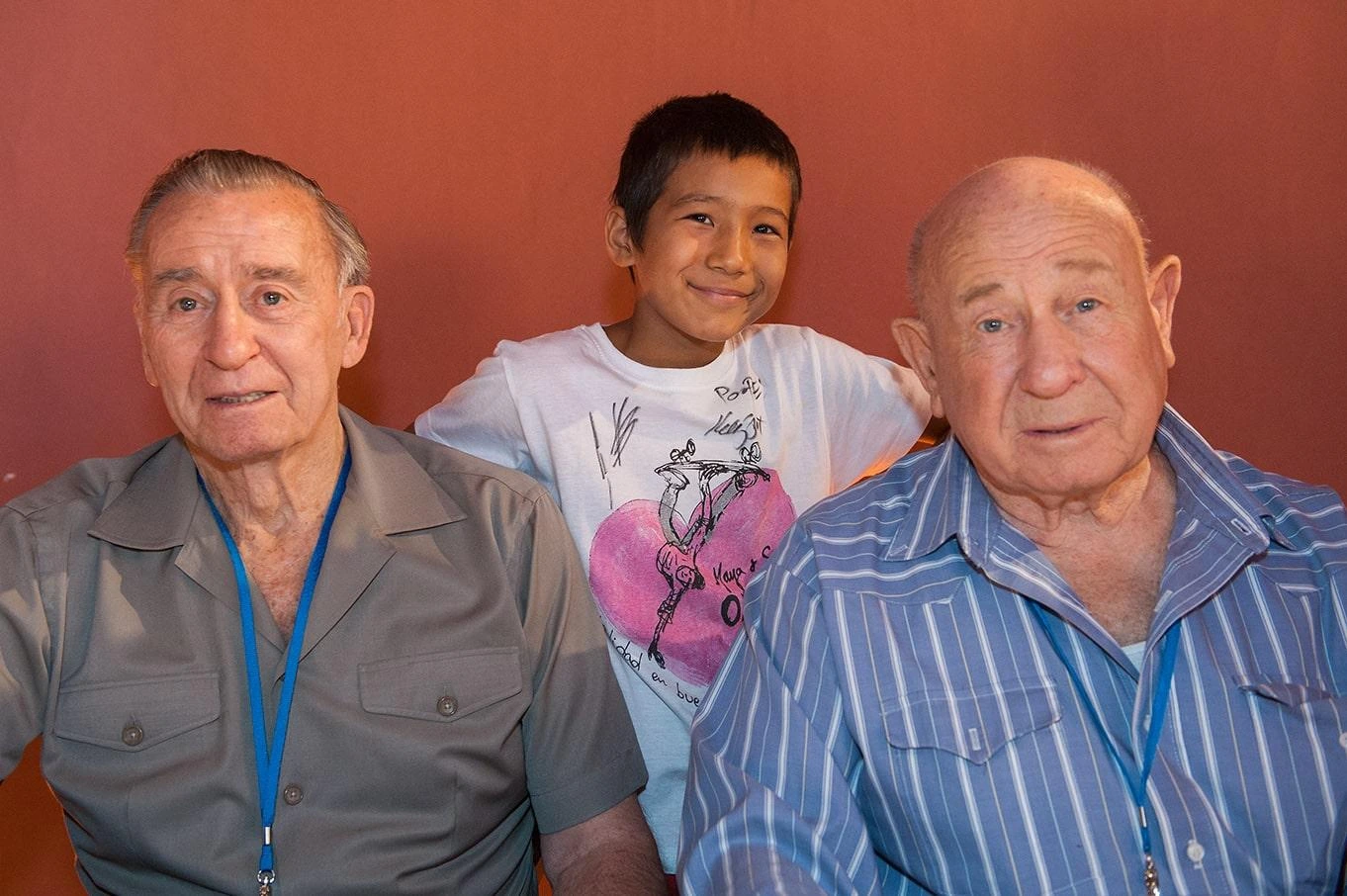
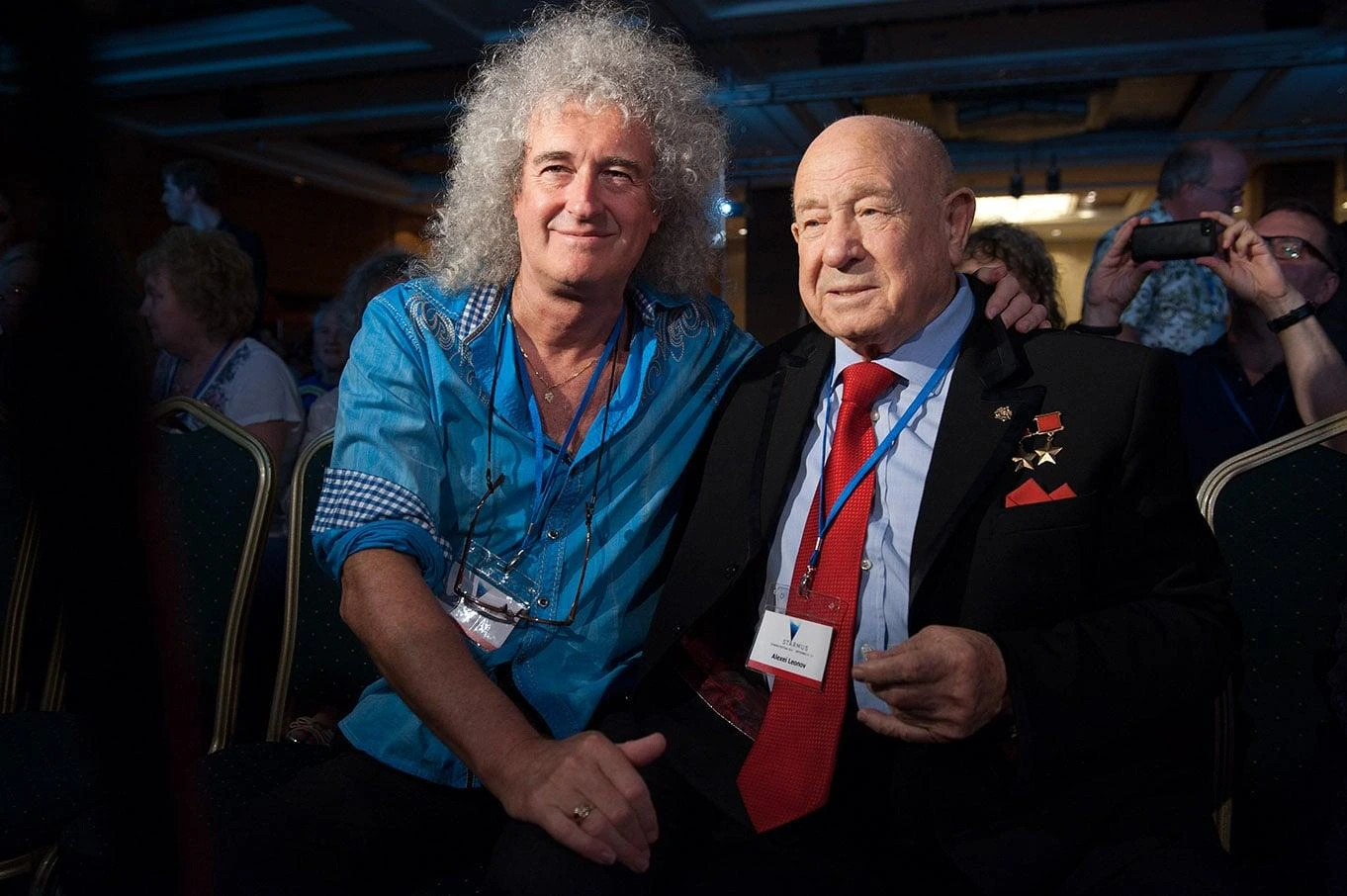
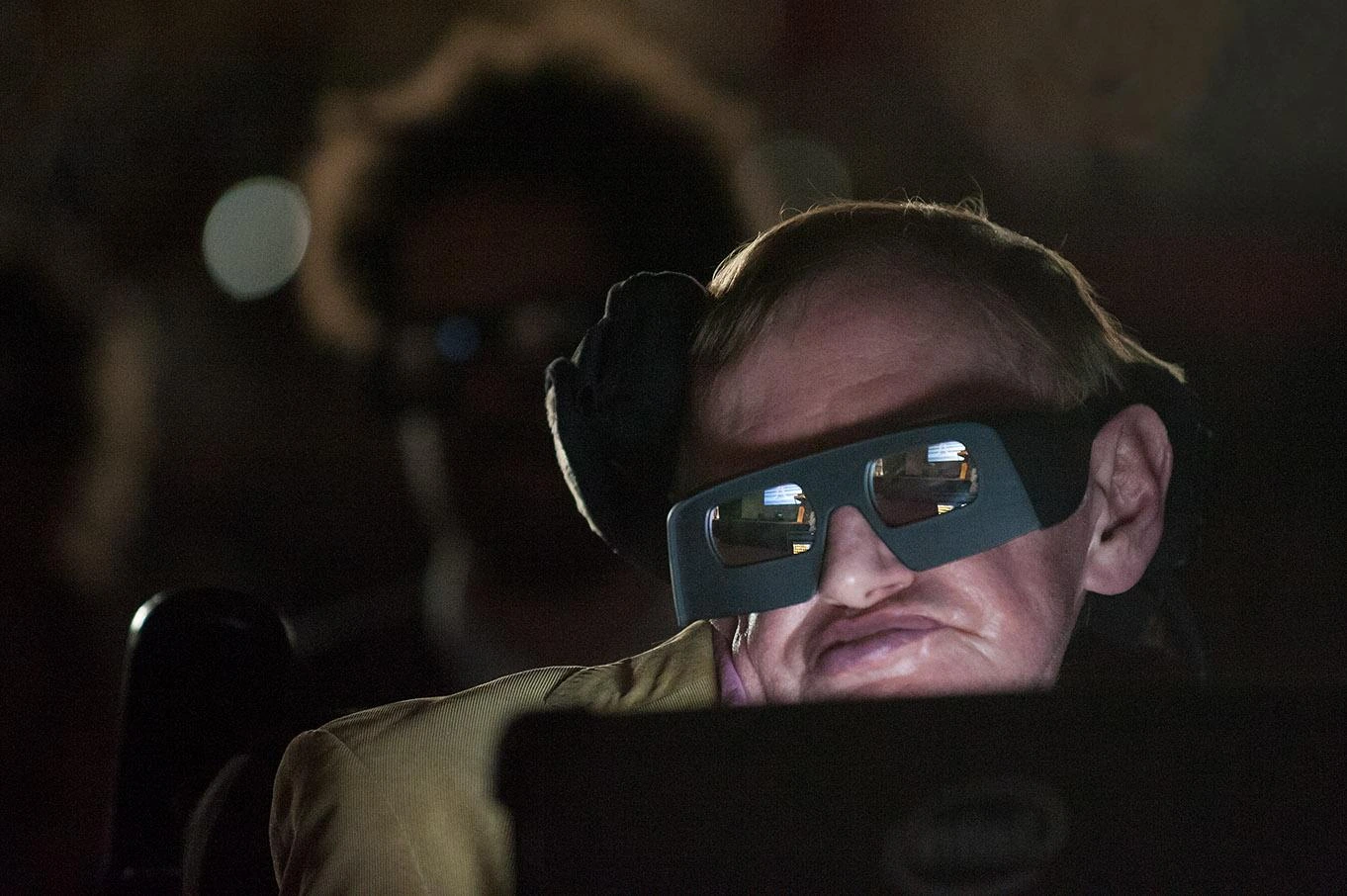
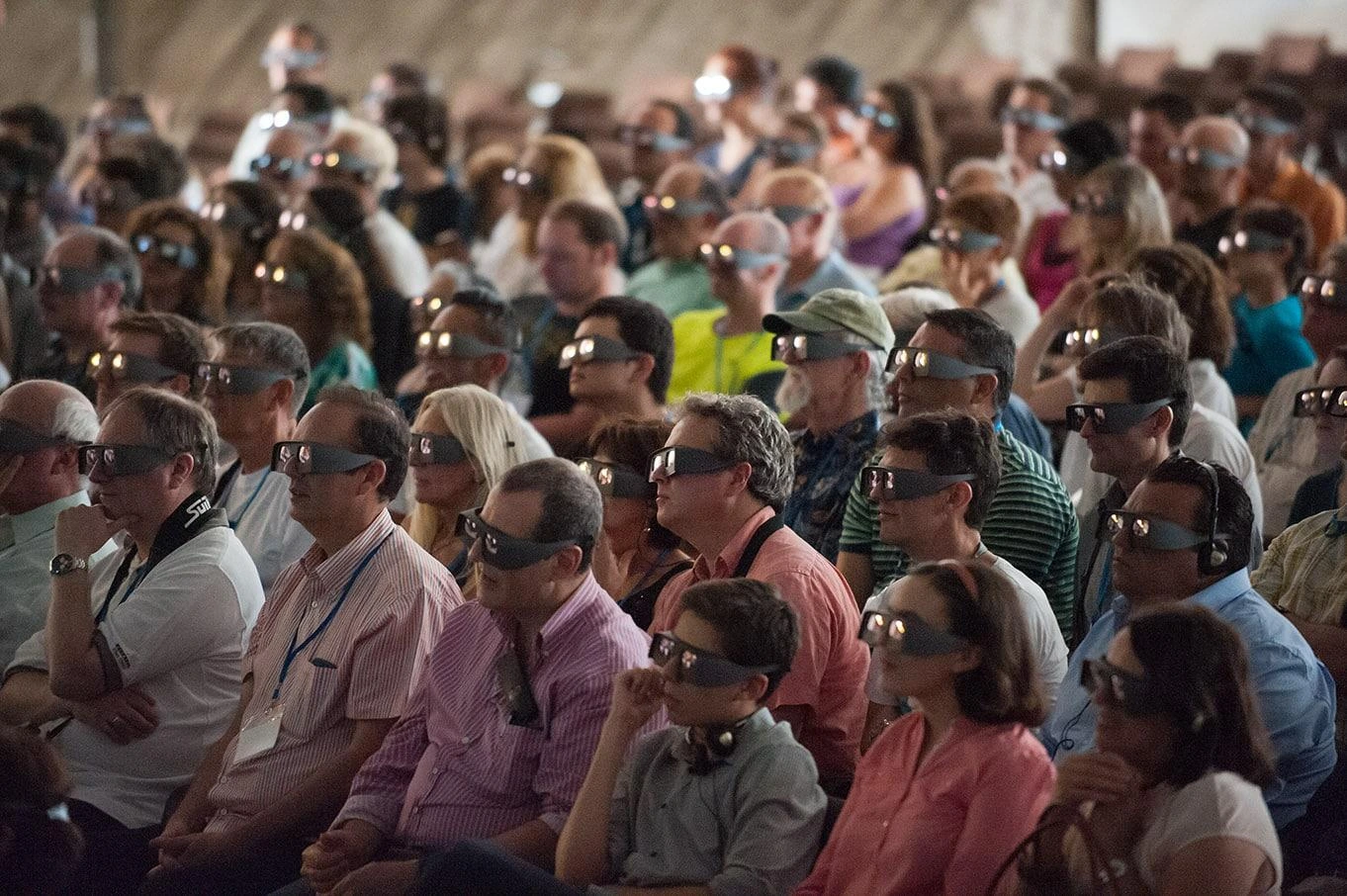
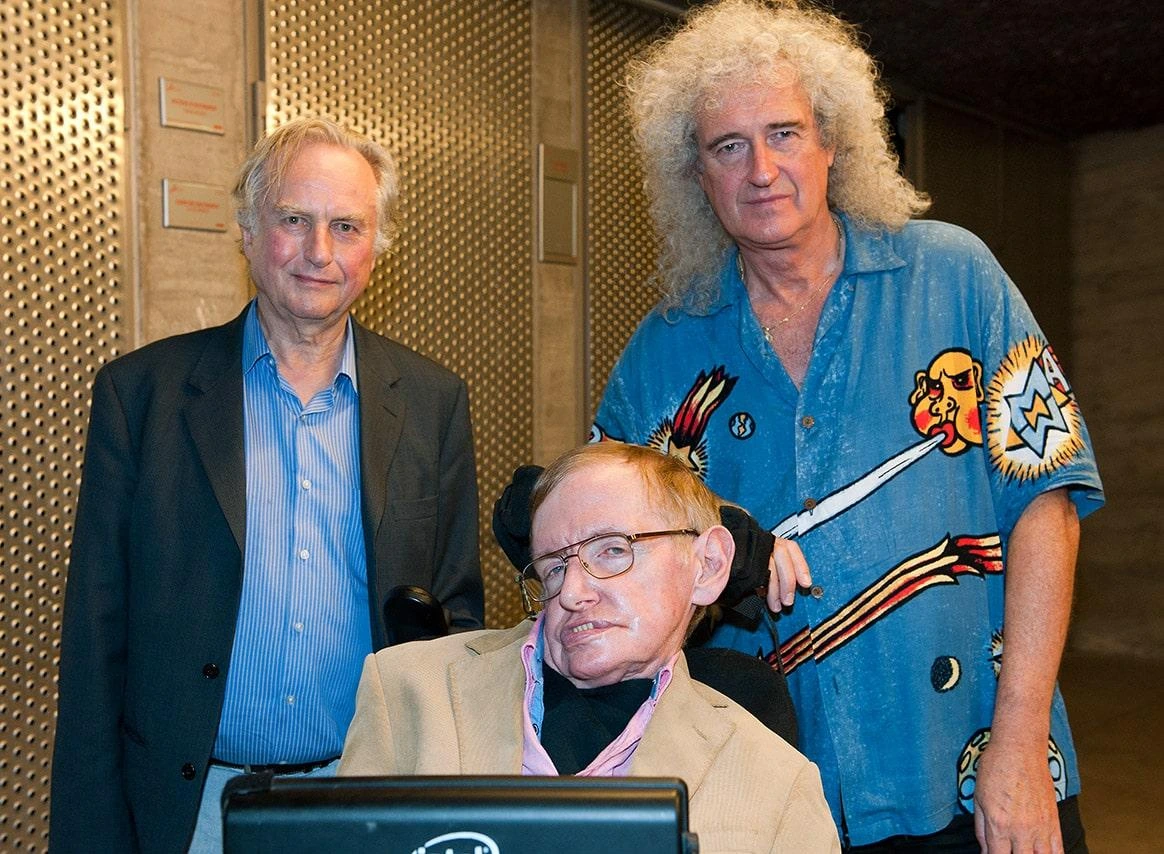
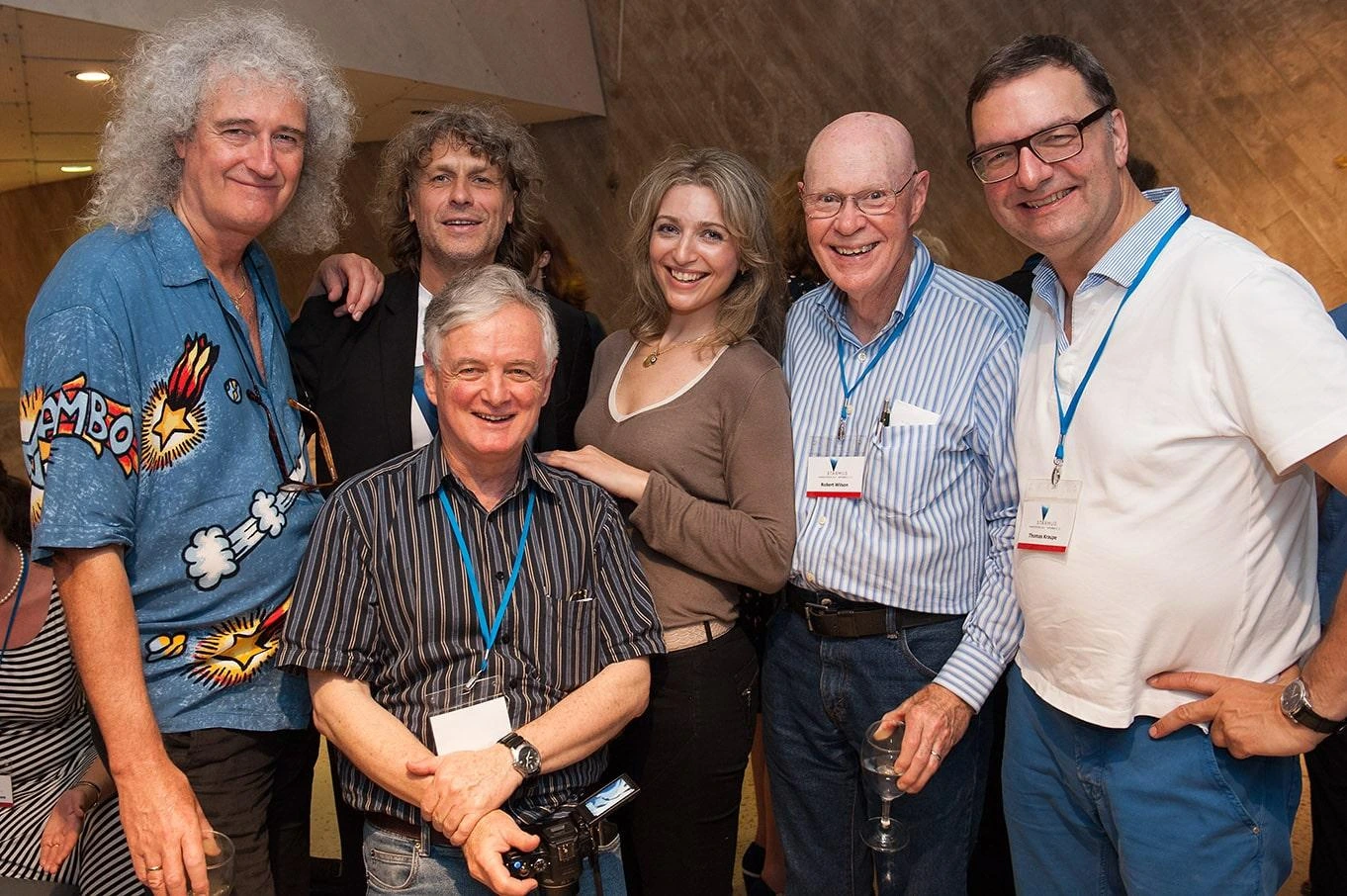
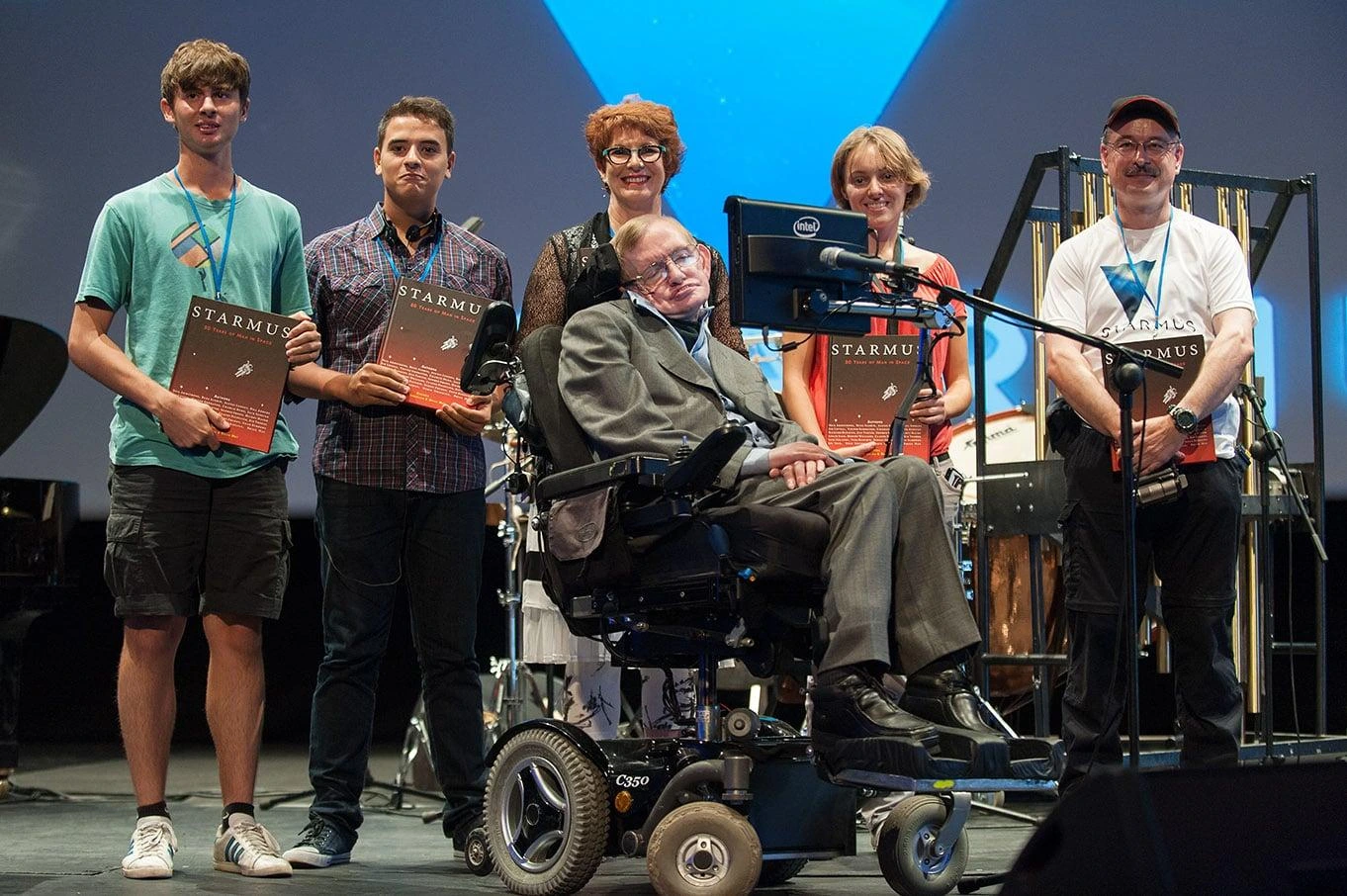
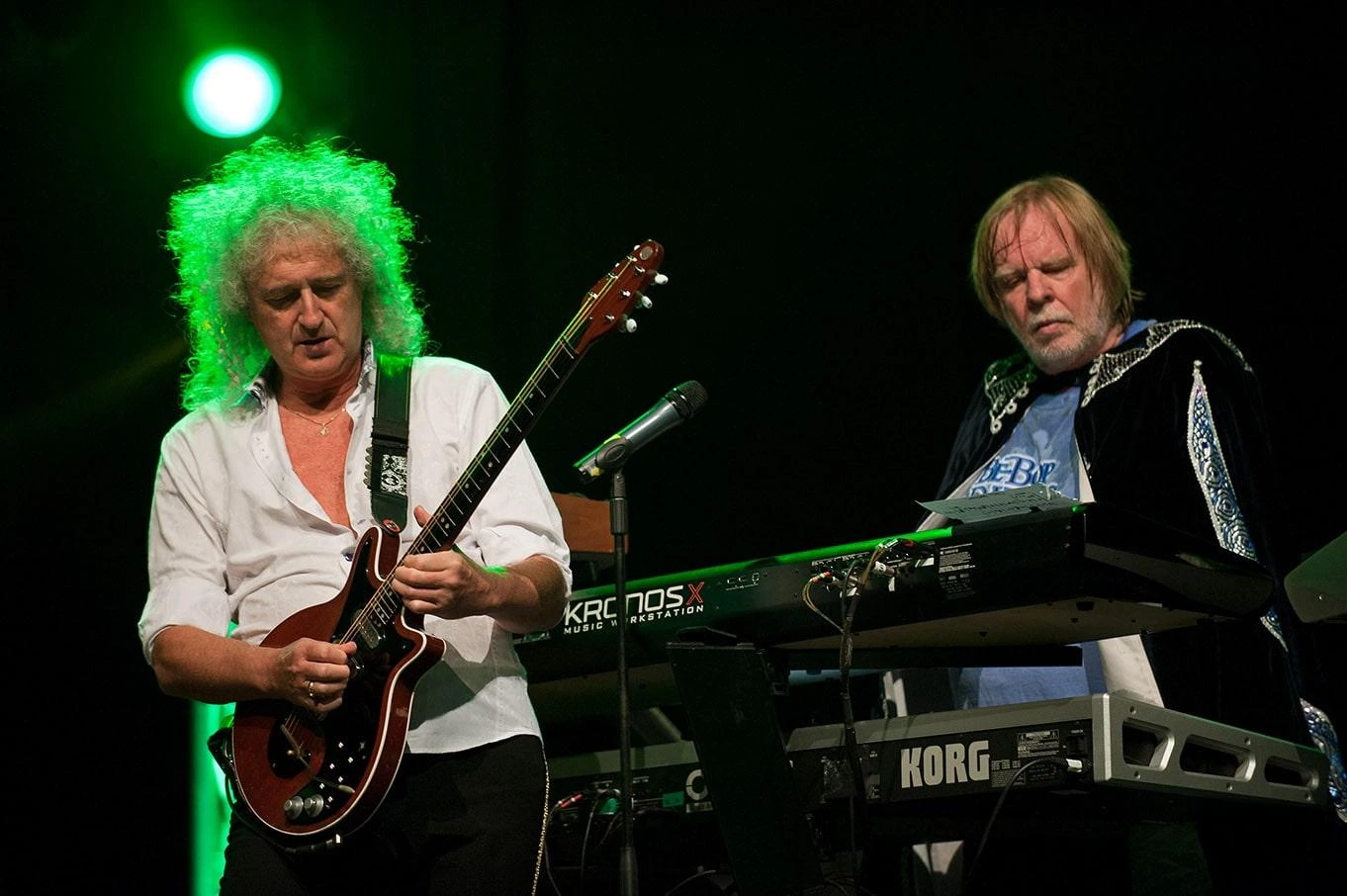
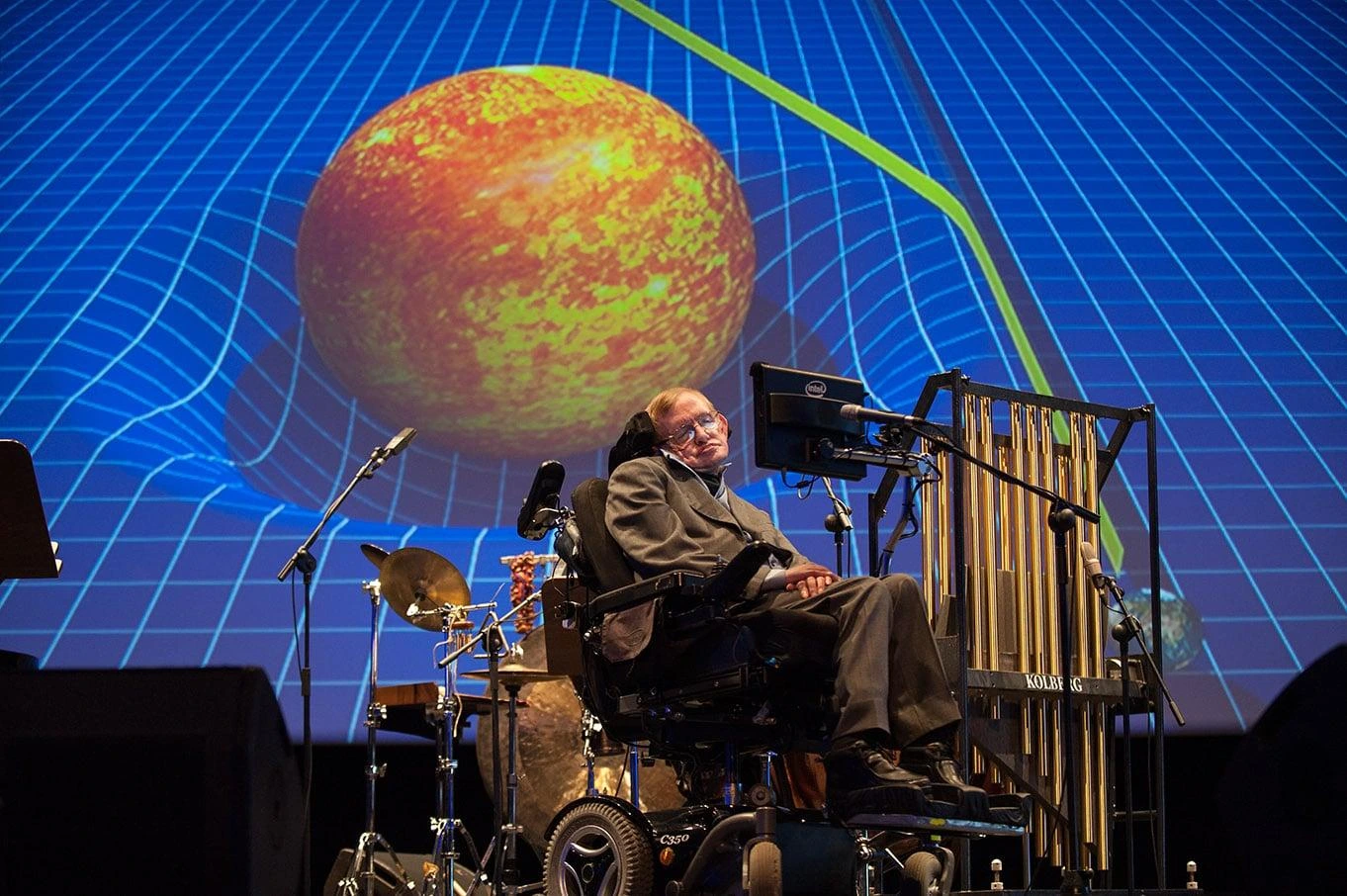
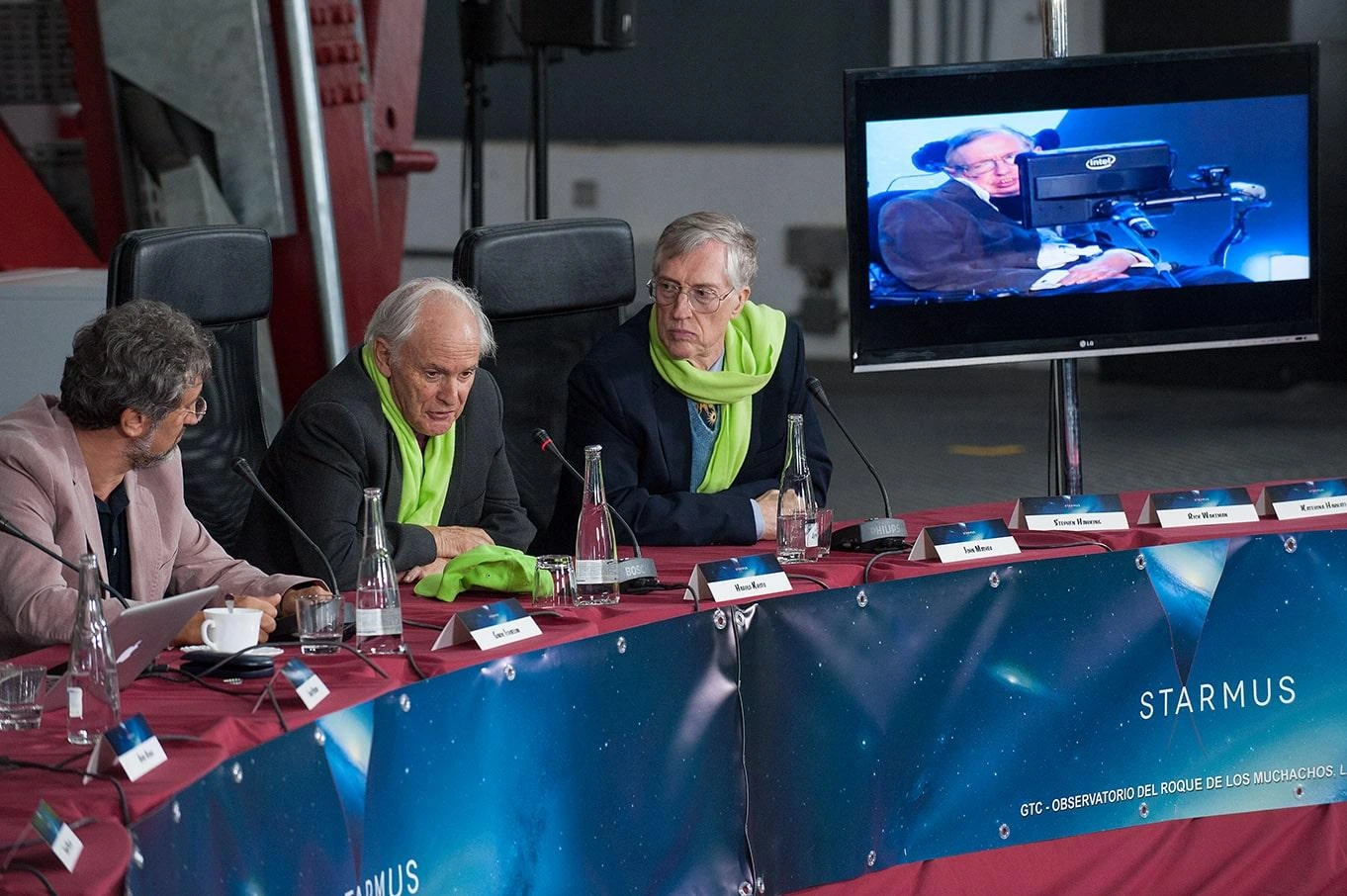
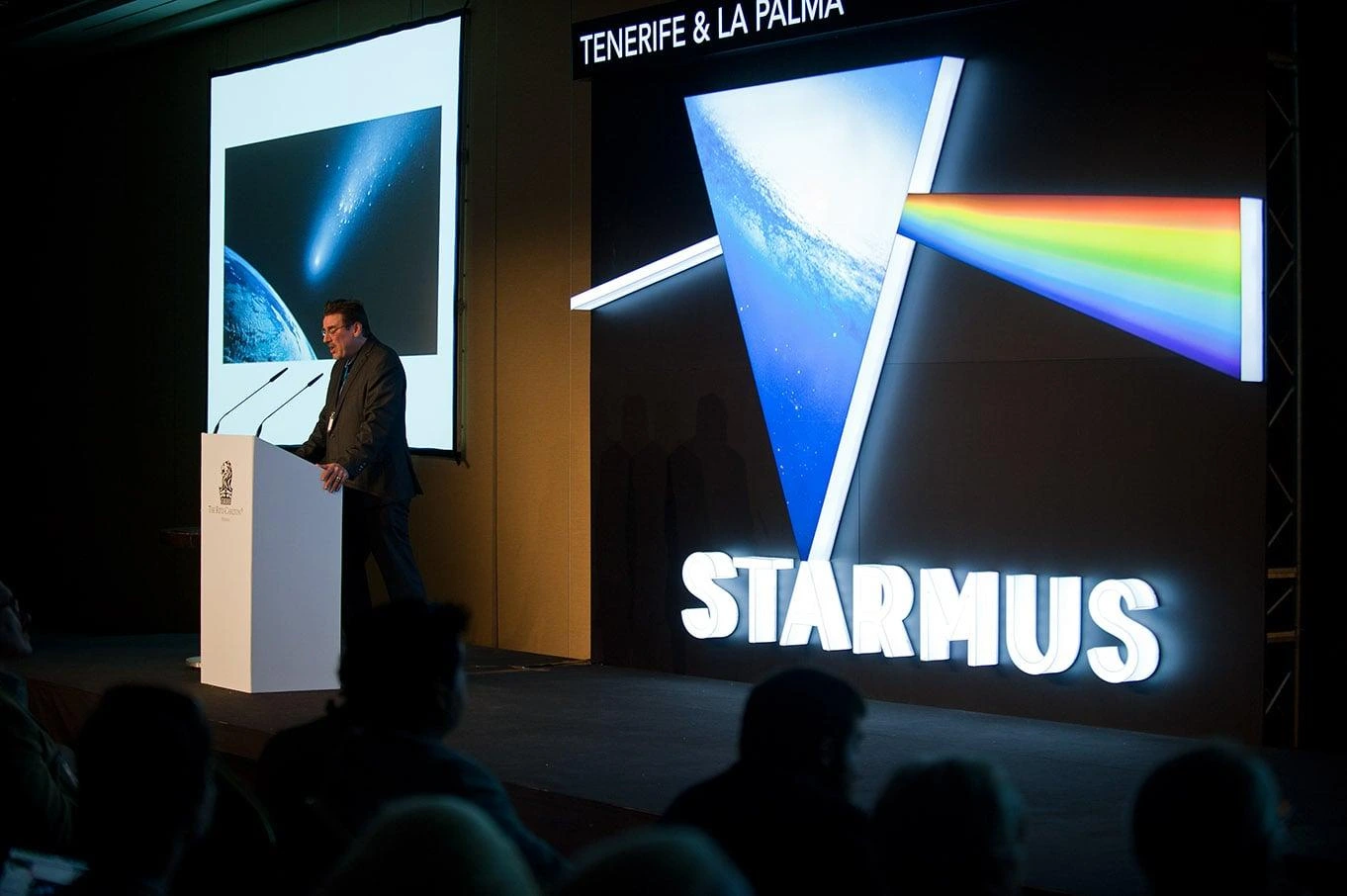
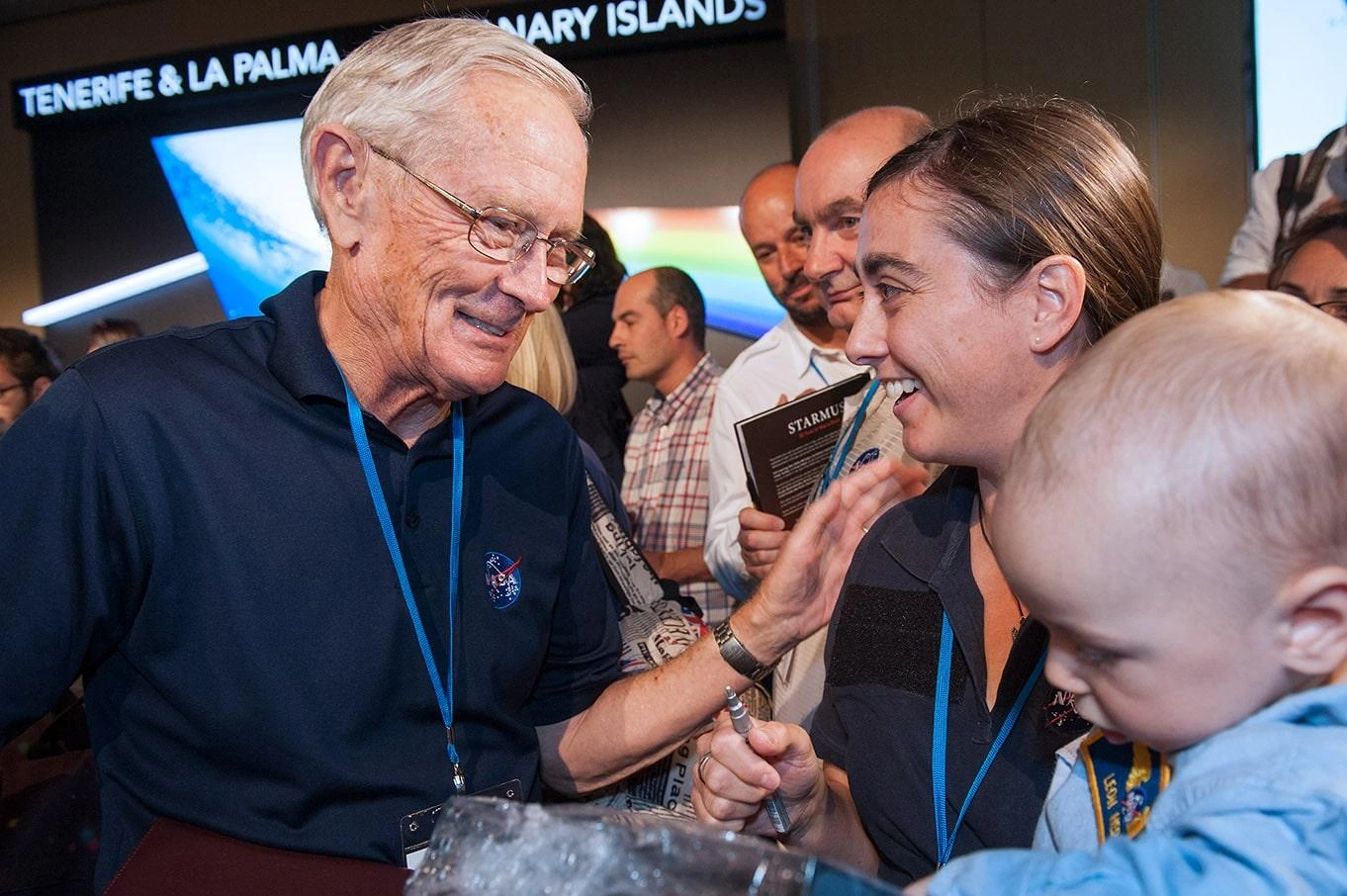
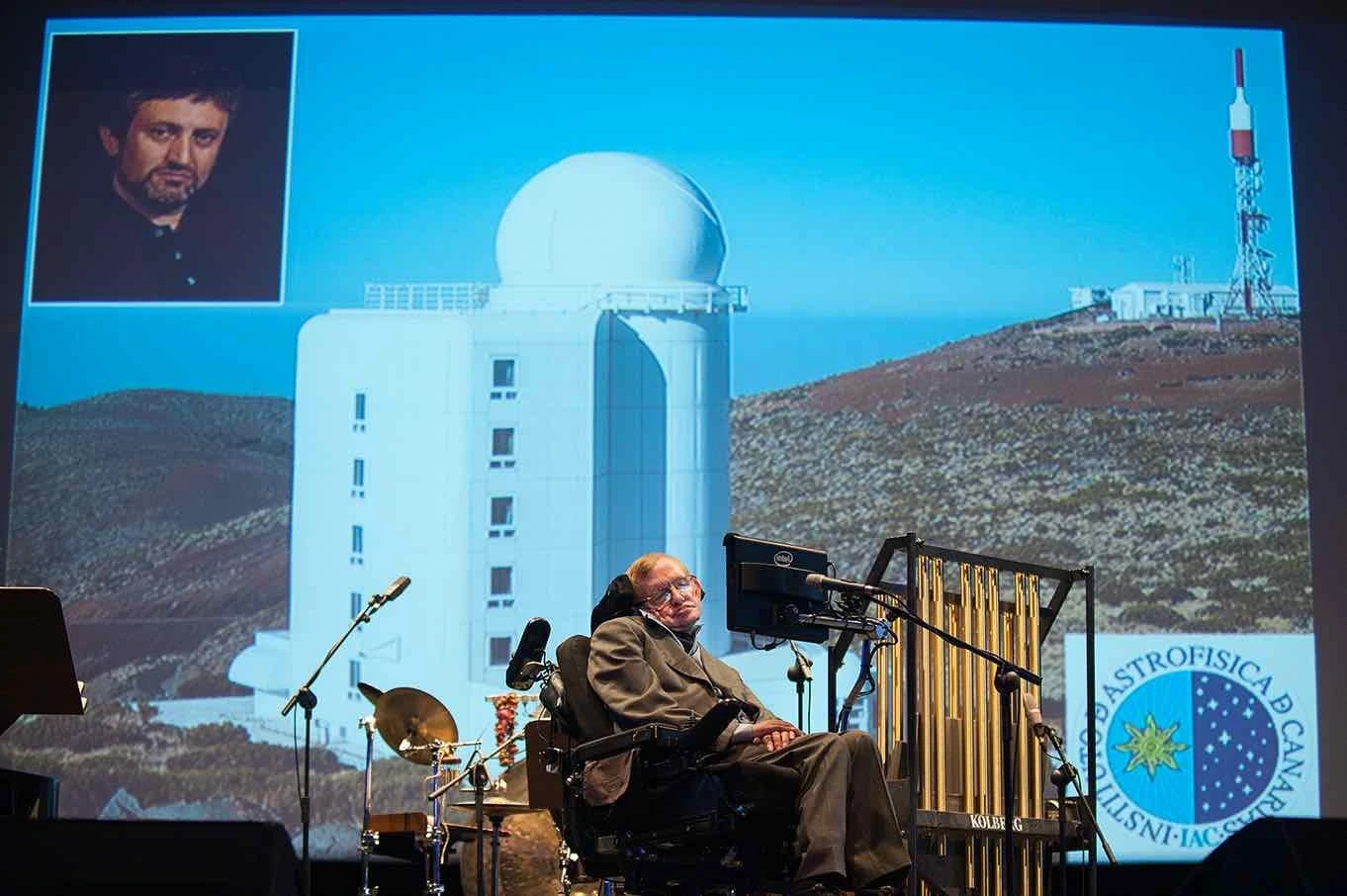
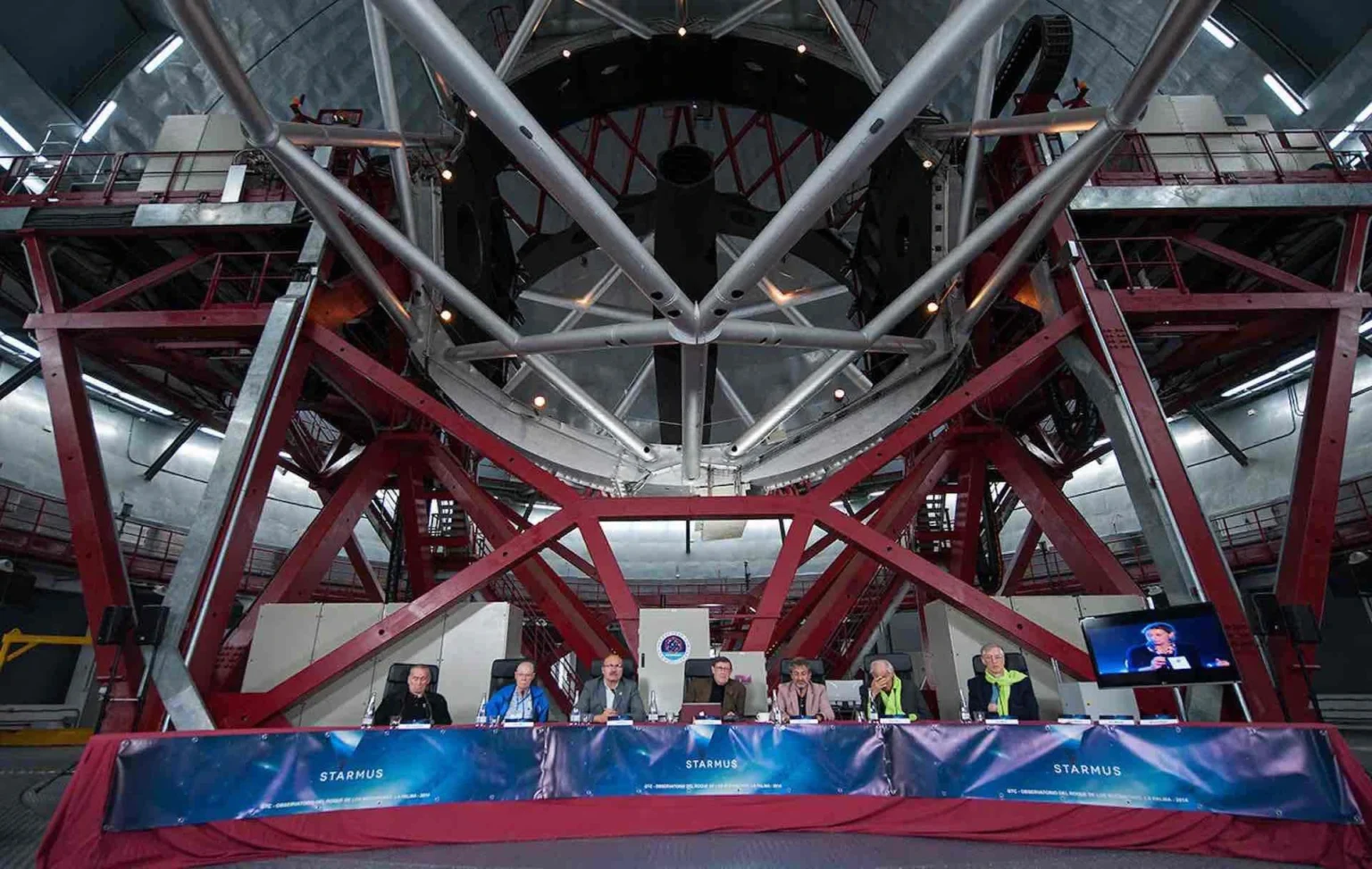
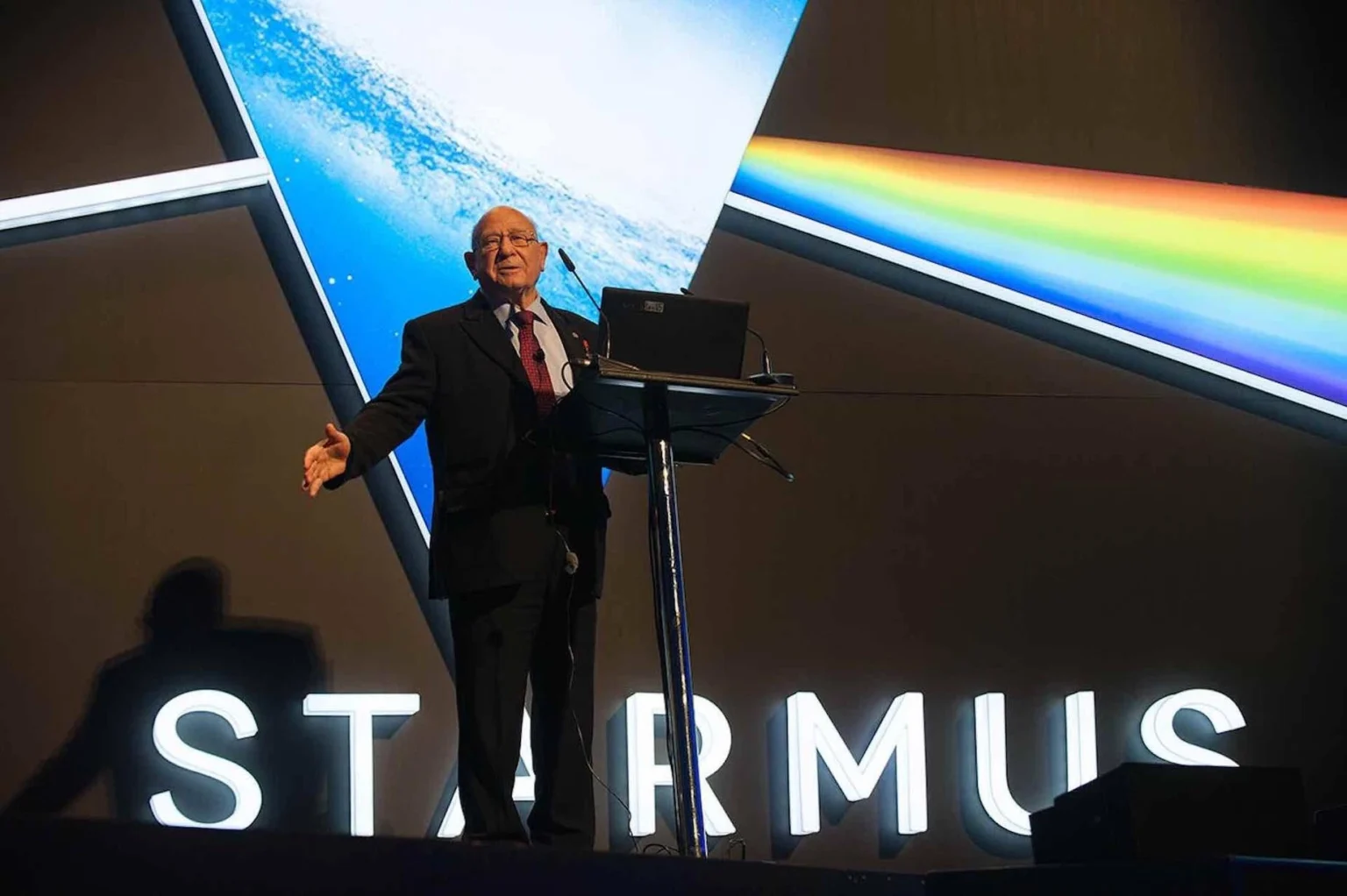
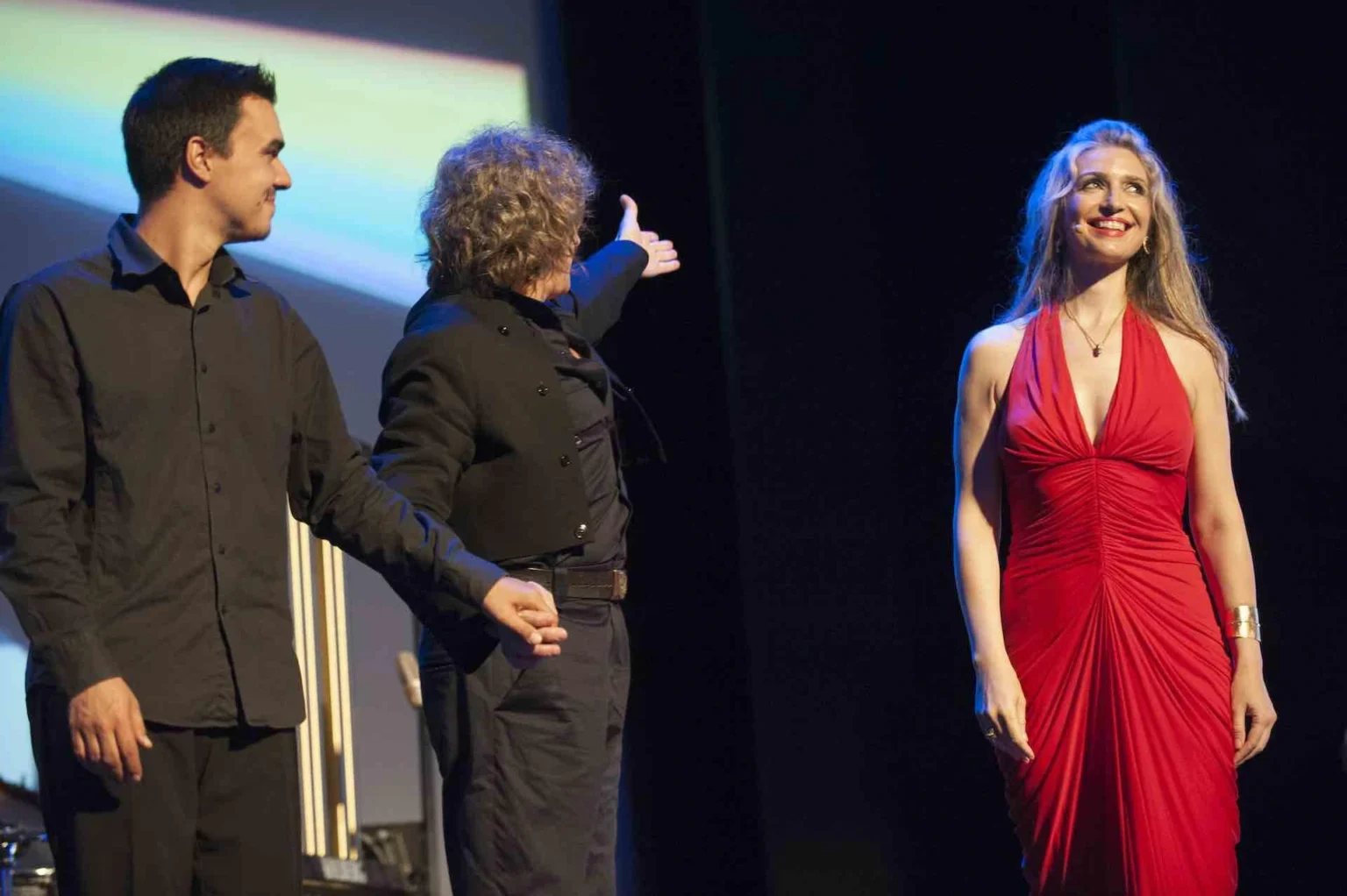
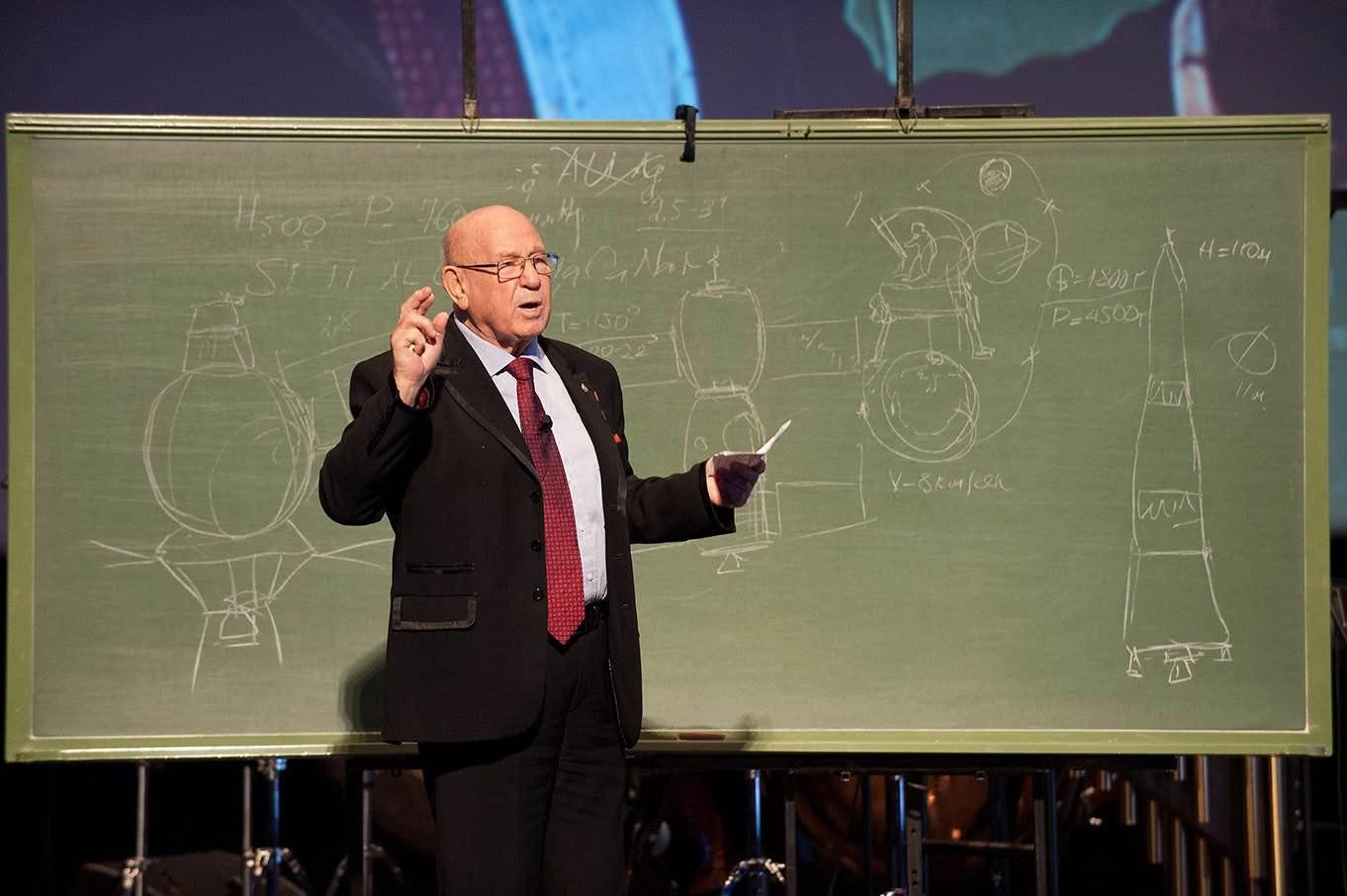
More presentations followed, with Apollo 16 astronaut Charlie Duke describing his scientific procedures on the lunar surface during the mission; Nobel Prize winning chemist Harry Kroto then described his career and development of carbon nanochemistry; and Apollo 7 astronaut Walt Cunningham wondered about the future of exploration and the lack of a risk-taking, adventurous culture in the current world. As with Starmus I, Starmus II also highlighted a “108 Minute Round Table Discussion” with several of the speakers, seated underneath the 10.4-m Gran Telescopio Canarias, in homage to the length of the first space mission, flown by Yuri Gagarin

